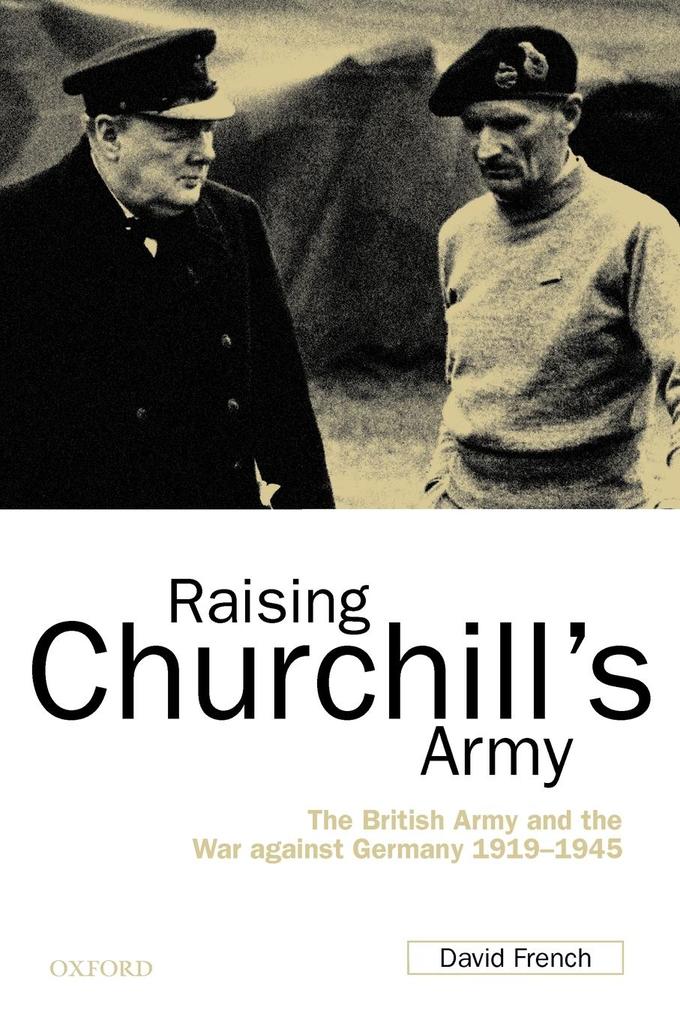arresting new study ... a bold book - the boldness of its conception too easily taken for granted - as stimulating and discriminating as anything in the field since the iconoclastic Firepower: British Army Weapons and Theories of War 1904-1945 (1982) by Shelford Bidwell and Dominick Graham ... His work is a comprehensive exercise in ground-clearing, and a searching assessment of each element of fighting power ... It is a noble calling, and it makes a convincing book. Alex Danchev, Times Literary Supplement French succeeds admirably in modifying the judgement of those who have contrasted the British army's performance unfavourably with that of the Germans. As he remarks, 'the British had never believed that they could win their battles by pitting man against man, and indeed they never believed that they should even try to do so'. In the end, it was better to be soldiers than warriors.' Reviews in History masterful and fascinating book ... not just a military history but a carefully woven account of the political, economic, social, and personal elements that illustrate the way that an army is equipped and led, and how and why it fights. I.M. Roth, CHOICE, Jan 2001. French's study is based on an exhaustive examination of previously unused primary material, and as such it will stand as the definitive work on the structure of the British Army between 1919 and 1945 ... it will win a devoted following from specialists in the history of World War II. John P. Rossi, History, Summer 2000. David French's book makes compelling reading for any serious student of the Second World War ... this book makes a key contribution to the debate about how the British fought the Second World War, and why the Allies took so long to win it. Evening Standard










